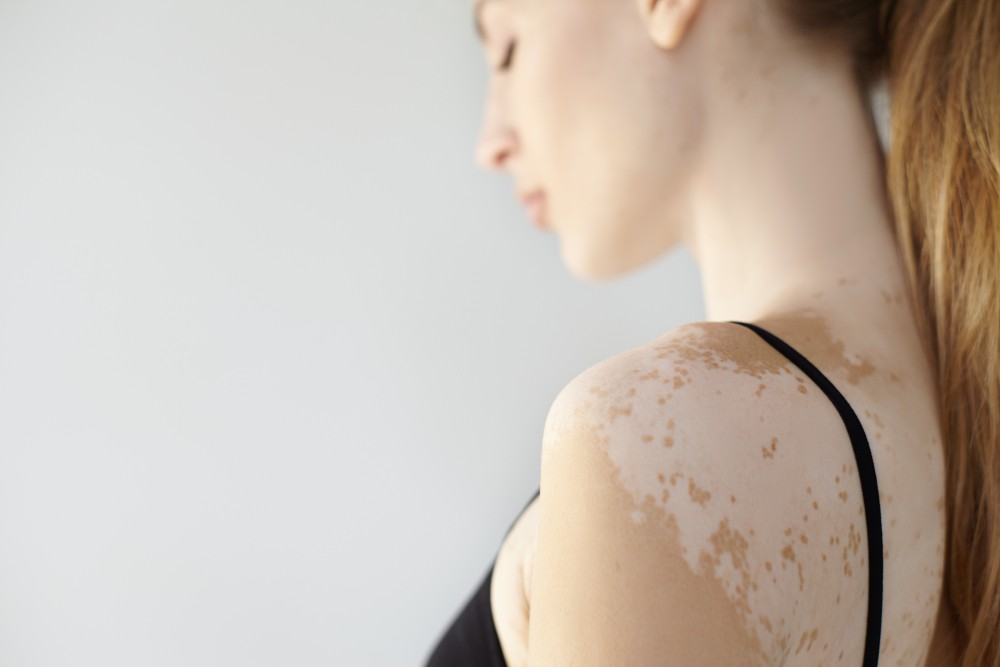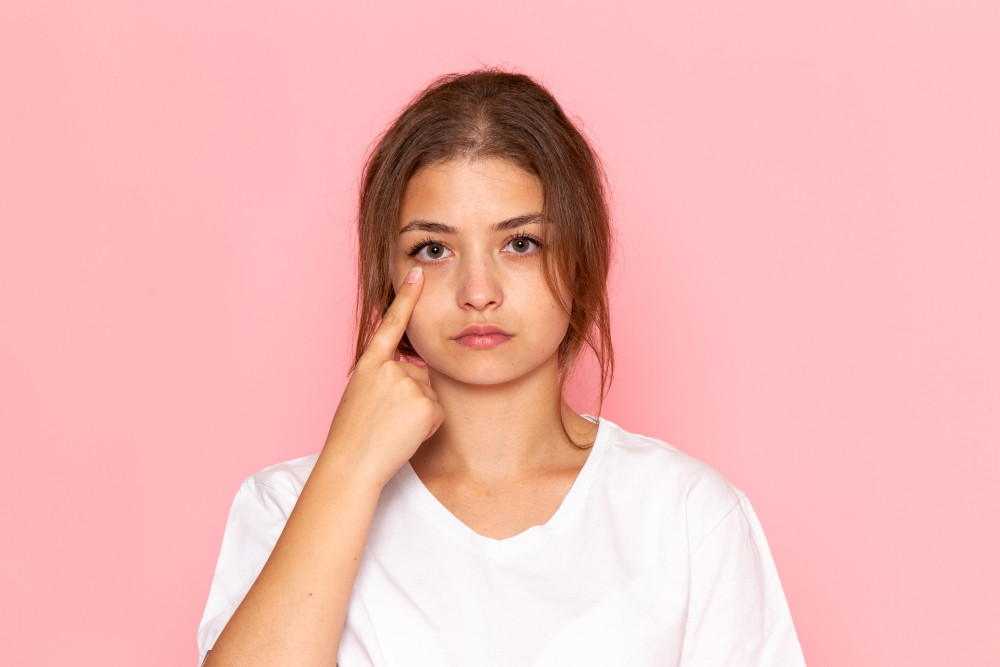Kutu busuk adalah serangga penghisap darah yang banyak menimbulkan masalah baik di rumah, apartemen, asrama, maupun di hotel. Kutu busuk tidak menyebarkan penyakit menular, namun pada beberapa orang, gigitan kutu busuk bisa memicu reaksi sistemik pada tubuh seperti serangan asma, anemia defisiensi besi, urtikaria, dan lain-lain. Seseorang juga bisa mengalami kecemasan dan gangguan tidur karena adanya kutu busuk di rumah.
Kutu busuk menyebar dari rumah ke rumah lain dengan menumpang furnitur bekas atau terbawa ke dalam koper atas tas. Serangga kecil ini pandai bersembunyi di siang hari dan seringnya baru keluar untuk makan, sehingga terkadang sulit untuk melihat pergerakan dan membasminya.
Kenali Pola Gigitan Kutu Busuk
Dilansir Verywell Health, ada dua jenis kutu busuk yang kerap ditemukan di kasur, yaitu Cimex lectularius dan Cimex hemipterus. Gigitan kutu busuk bisa bermanifestasi dengan tampilan sebagai berikut:
- Adanya bintik-bintik di kulit yang tidak rata dengan kulit dan sedikit menonjol
- Bintik-bintik berwarna kemerahan dan lebih gelap di bagian tengah
- Bekas gigitan bisa menunjukkan pola zig-zag, tersusun dalam garis kasar atau bergerombol
- Bercak darah kecil dari gigitan pada kulit yang sudah kering
- Gigitan ditemukan di bagian tubuh yang cenderung terekspos selama tidur seperti wajah, leher, lengan atau tungkai
Gatal akibat gigitan kutu busuk umumnya tidak dirasakan ketika kutu busuk menggigit Anda, namun baru muncul kemudian. Gigitan ini berisiko infeksi apabila Anda menggaruknya hingga menimbulkan luka pada kulit. Pada beberapa kasus langka, gigitan kutu busuk juga menimbulkan reaksi alergi yang parah seperti pembengkakan pada mulut dan tenggorokan, detak jantung tidak beraturan, atau sesak napas.
Baca Juga: Seperti Inilah Ciri-Ciri Gigitan Kutu Hewan
Cara Mengatasi Gigitan Kutu Busuk
Gigitan kutu busuk yang tidak menunjukkan gejala alergi atau infeksi bisa diatasi sendiri di rumah dengan membilas bekas gigitan dengan sabun dan air bersih. Sabun dan air membantu mencegah infeksi dan mengurangi gatal.
Anda juga bisa mengoleskan krim yang mengandung hidrokortison atau mengonsumsi obat antihistamin untuk meredakan rasa gatal agar lebih nyaman. Selain itu, Anda perlu segera membersihkan kasur, sofa, dan furnitur lain yang mungkin menjadi tempat tinggal kutu busuk. Sprei dan juga taplak atau penutup sofa perlu dicuci dengan air hangat dan dikeringkan di bawah terik sinar matahari.
Apabila Anda kesulitan mengenyahkan kutu busuk, Anda mungkin bisa memanfaatkan jasa pembasmi kutu. Karena masalah kutu busuk yang tak segera dienyahkan dapat meningkatkan risiko kesehatan seperti infeksi, gangguan tidur, kecemasan, rasa lelah, serta menurunnya sistem kekebalan tubuh.
Pada gejala yang lebih parah, termasuk gejala anafilaksis, Anda perlu segera mencari pertolongan medis di rumah sakit. Khususnya bila mengalami sesak napas, bentol-bentol parah, atau penurunan kesadaran. Adanya tanda-tanda infeksi seperti bintik-bintik yang mulai bernanah juga memerlukan penanganan medis. Antibiotik mungkin juga akan diresepkan apabila terjadi infeksi.
Baca Juga: Cara Mengatasi Telur Kutu di Kulit Kepala
Cara Menghindari Gigitan Kutu Busuk
Untuk menghindari risiko gigitan kutu, hindari berpergian ke daerah yang sedang mengalami infestasi kutu. Selain itu, Anda juga bisa melakukan pencegahan serangan kutu dengan beberapa cara berikut:
- Hindari membeli furnitur bekas yang belum disterilkan
- Memilih bahan furnitur yang mengandung plastik, bebatuan, metal, yang tidak mudah menjadi tempat kutu busuk bersembunyi
- Membersihkan tempat tidur dan sprei secara teratur
- Mencuci dan mengeringkan sprei dengan temperatur tinggi
- Melakukan vakum secara rutin pada matras, kasur, sofa, karpet
- Saat bepergian, menggunakan baju tidur dengan lengan dan celana panjang tertutup
Ketika gatal yang disebabkan oleh kutu busuk tidak berkurang, atau pengobatan rumahan tidak banyak membantu, segera periksakan diri ke dokter. Anda juga bisa memanfaatkan layanan konsultasi kesehatan dengan mengunduh aplikasi Ai Care melalui App Store atau Play Store.
Mau tahu informasi seputar penyakit lainnya? Cek di sini, ya!
- dr Hanifa Rahma
Vincent Iannelli, MD (2021). What Are Bedbugs?. Available from: https://www.verywellhealth.com/bed-bug-bites-overview-2633482
Jennifer Huizen (2020). Bed bug bites: What you need to know. Available from https://www.medicalnewstoday.com/articles/318083#_noHeaderPrefixedContent
American Academy of Dermatology Association. Bed Bugs: Diagnosis and Treatment. Available from: https://www.aad.org/public/diseases/a-z/bed-bugs-treatment
WebMD (2023). Bedbugs. Available from: https://www.webmd.com/skin-problems-and-treatments/bedbugs-infestation
United States Environmental Protection Agency (2023). How to Find Bed Bugs. Available from: https://www.epa.gov/bedbugs/how-find-bed-bugs
Mayo Clinic (2022). Bedbugs. Available from: https://www.mayoclinic.org/diseases-conditions/bedbugs/symptoms-causes/syc-20370001












